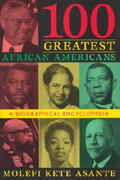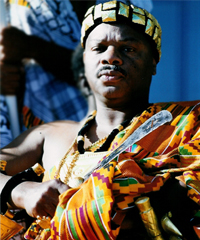It’s Women’s History Month. So without a doubt we have to discuss feminism. And because I’m a black woman and this blog is geared toward black women, we will also talk about Afrocentrism. But this entry will only deal with feminism.
A basic definition of feminism is a political theory and practice that seeks to gain equality for women, particularly in political, social and economic contexts. Other definitions speak to women’s freedom from male oppression in the workplace, society and in the home, as well as economic independence. Though I have never identified myself as a feminist (one who practices feminism), throughout my years I found myself engaging in activities that sought to help women. I have always organized and strategized among women, whether in my sorority or in my church. And I long believed that women should be equal to men. We are just as intelligent, talented, gifted and in many ways just more skilled than they. I believed that no man was going to hold me back or down just because I may be a threat to him. While I still believe that women must be free from male oppression, my views are more complex than freedom or equality by any means necessary. I have also learned that sometimes in God’s economy, intelligence, talent, gifts or skill have nothing to do with the person, and God’s advancement sometimes comes to the less qualified (1 Corinthians 1:27).
In my early years, I never embraced feminism because of some of its extreme teachings, such the hatred of men, and the androgynous and even masculine looks that many in the feminist movement seemed to embrace. As a Christian, I don’t embrace feminism because of some of its extreme teachings, such as hatred of men, one of its basic teachings—freedom of choice when it comes to abortion, and equality to men in every area. For the Christian I believe there has to be a parting of ways, in theory and in practice, from feminism. While we must work to ensure no woman is oppressed, our standards must be biblical and not our own.
Copyright 2009 By Rhonda J. Smith


